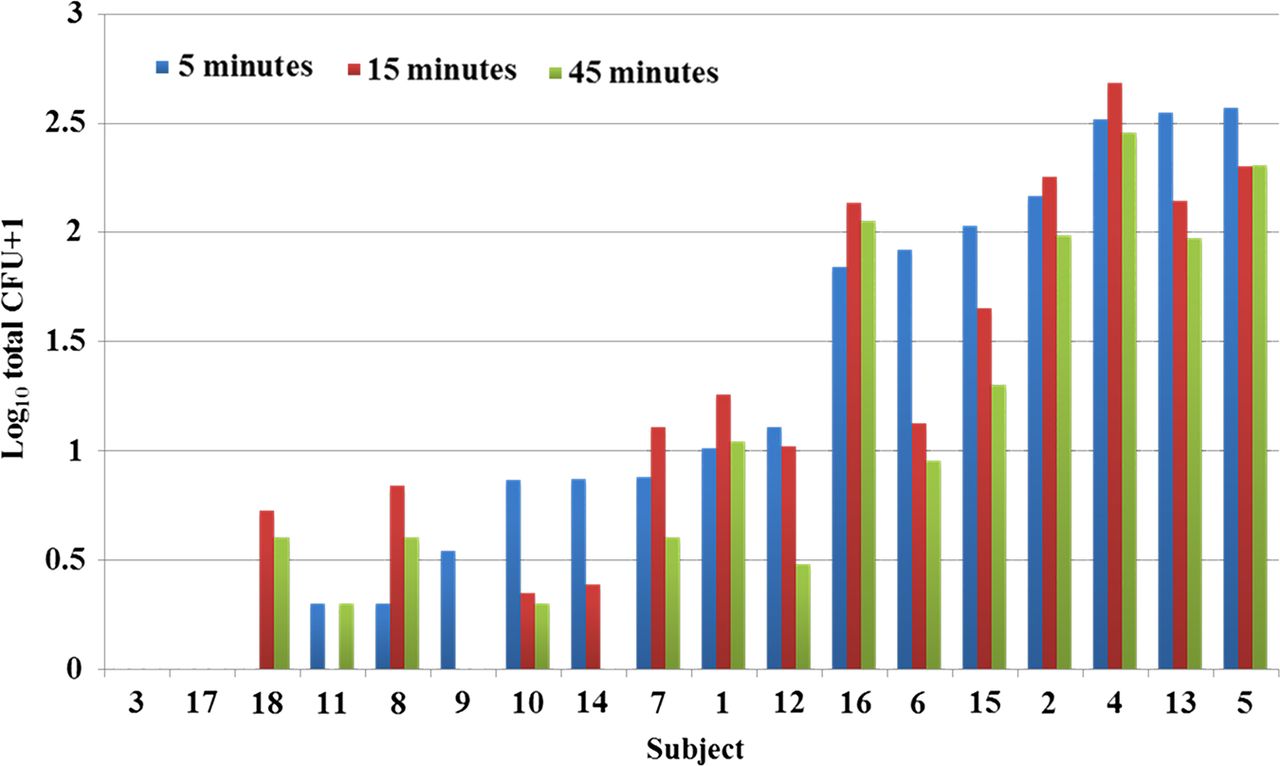Why do people subconsciously touch their face if they felt something weird on their hands? That is a mystery of psychology, but it's why that is the best deterrent to catching coronavirus or spreading it.
Yet if someone sneezes and you don't touch their hand, how long will the virus in its "aerosol" state hang around?
The answer, this study found, was a whopping 45 minutes. That sneezes travel 10 feet or more was not really a shock but that it could float for nearly an air is a big reveal. The study was on pseudomonas aeruginosa and they used that bacteria because it is a multi-drug resistant germ associated with hospital-acquired infections after coughs and sneezes, but it is not going to be much different for coronavirus, any more than this novel form of coronavirus is that much different from coronavirus from 2003 or the 1960s. A little different, sure, just like influenza mutates, but still valid.

http://dx.doi.org/10.1136/thoraxjnl-2014-205213
How does that work? When a cough or sneeze occurs, evaporation happens quickly enough that the viruses basically begin to float whereas a large drop of water would just hit the ground.
So if you have a cough or a sneeze, cover it, vampire-style if you have advance notice, with your hand as a last resort, but don't make the air a microbiological demilitarized zone for the next hour no matter what.




Comments